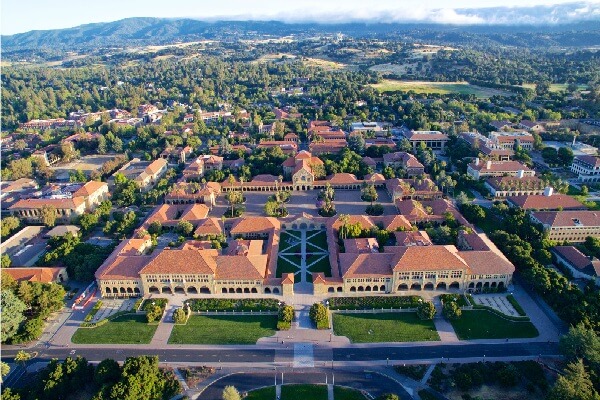The Internet is an amazing resource. It’s also a great place to find material for your own content marketing needs. If you’re not careful, though, it can lead to copyright infringement. Read this article to learn about the best ways to avoid plagiarism when you’re creating content.
Table of Contents
What is Plagiarism?
Plagiarism is when someone copies or steals someone else’s unique expressions without giving credit or attributing the original author. It is important to know that there are degrees of plagiarism, and not all of them are illegal. For example, if you use a quotation in your paper but don’t cite it, you have committed plagiarism. If you copy large chunks of an article without citing the source, you have also committed plagiarism. Plagiarism is when somebody copies somebody else’s work by pretending that they did it. There are a few different types of plagiarism, including self-plagiarism. Self-plagiarism is when someone uses a previous article or blog post to publish a new one without adding anything new. Using a quote from another person’s work and not citing it as the source can also be considered plagiarism.
What are the consequences of plagiarism?
Plagiarism is the act of using or claiming someone else’s ideas, words, images, or other creative work as one’s own. The consequences of plagiarism can be devastating because it violates intellectual property laws and ethics in the academic world. Plagiarism is a form of intellectual property theft. When you plagiarize, you are taking someone else’s ideas as your own. This not only goes against this person’s own but also hurts their credibility as an author. In addition to being unethical, plagiarism can have serious consequences such as expulsion from school or loss of a job.
What can you do to avoid plagiarism?
One way to avoid plagiarism is to make sure that you cite your sources and provide a link back to the website where you found the content. It is also important to give credit when you have paraphrased an article by creating a quote. To avoid taking someone else’s work and passing it off as your own, it is a good idea to start writing earlier in the process by brainstorming or taking notes instead of starting with a blank document.
One tip for avoiding plagiarism is not to rely on Google Docs because it has been linked to cases of plagiarism in the past. Avoid plagiarism by adding a citation to the resources you use. It is also important to paraphrase what has been written instead of copying it verbatim. This will protect you from copyright infringement.
Tips for Avoiding Plagiarism
Plagiarism is a serious issue. Not only does it damage your credibility as a writer, but it also violates copyright law. There are many things that you can do to avoid plagiarism such as citing quotes or using paraphrasing. Some people decide not to write anything and instead use the internet as a research tool and quote other people’s work – this is called “parasite blogging.” Here are some helpful tips for avoiding plagiarism:
– Don’t copy any text from a source without giving proper credit.
– If you’re paraphrasing from a source, put quotes around the text and cite the author.
– If you want to use quotes or ideas from another source, make sure to include this in your bibliography.
– Reference all of your sources in an end note at the end of each paper.
Plagiarism can be avoided by checking your work against a plagiarism checker. The most popular one is the Google Search Toolkit which you can select to use during your writing process. You can also use it for content that was previously written by someone else. Additionally, make sure to always cite any resources that you use in your content. Many web developers face this issue while making websites.
Conclusion
It’s important to know what you can and cannot do when it comes to content creation. Plagiarism is a serious issue and one that could cost you a lot of time and hard work. For this reason, it’s important to follow the rules to avoid plagiarism. It is also important to understand the value of originality in all facets of life. Plagiarism is the act of copying someone else’s work and passing it off as your own. It can be tempting to copy someone else’s work, especially if you are not skilled in writing. Listed below are some tips on how to avoid plagiarism when writing content.




